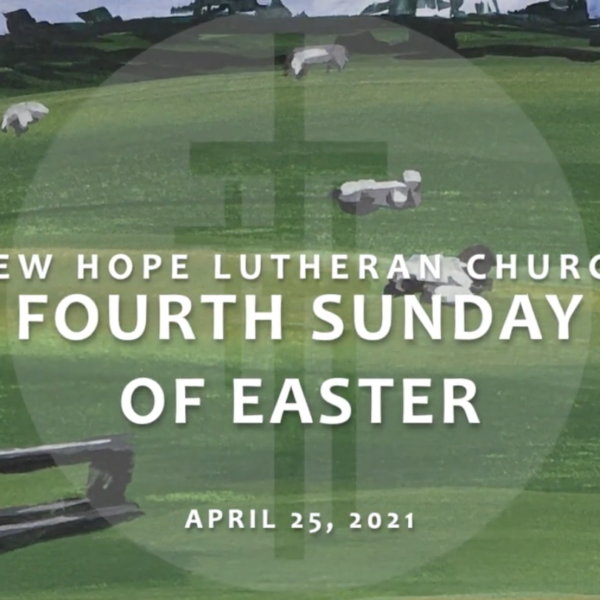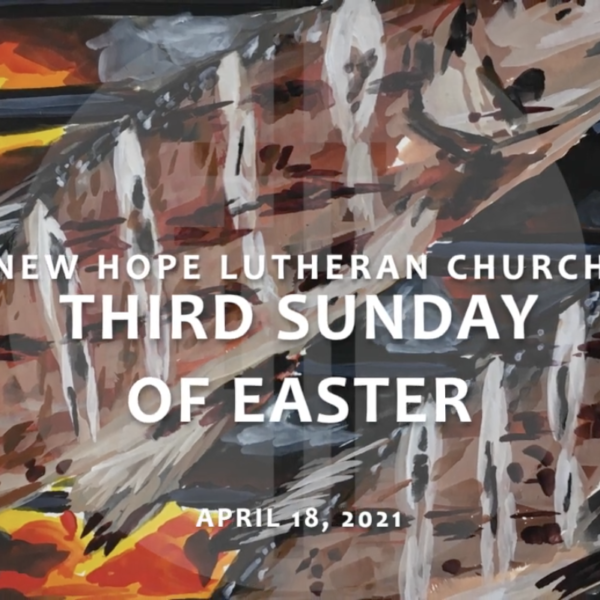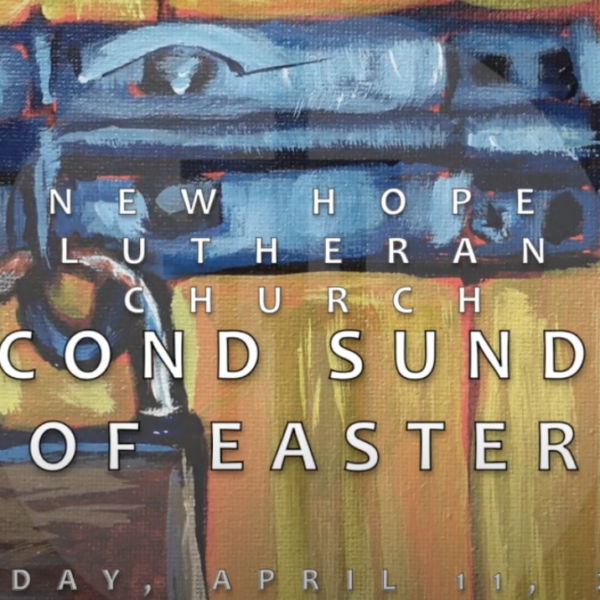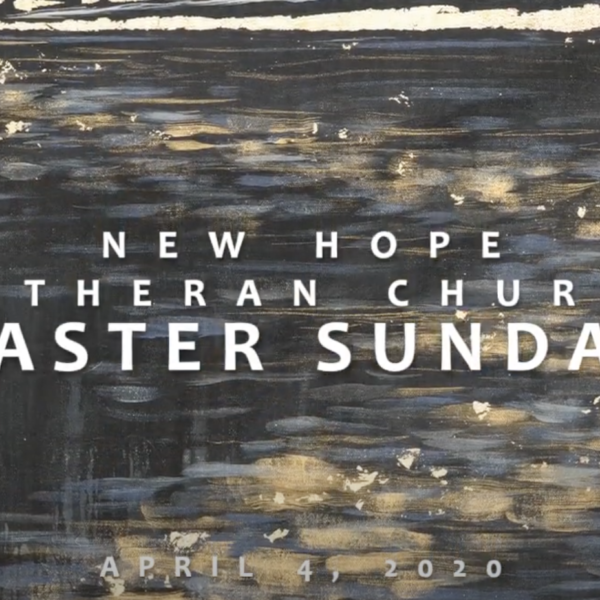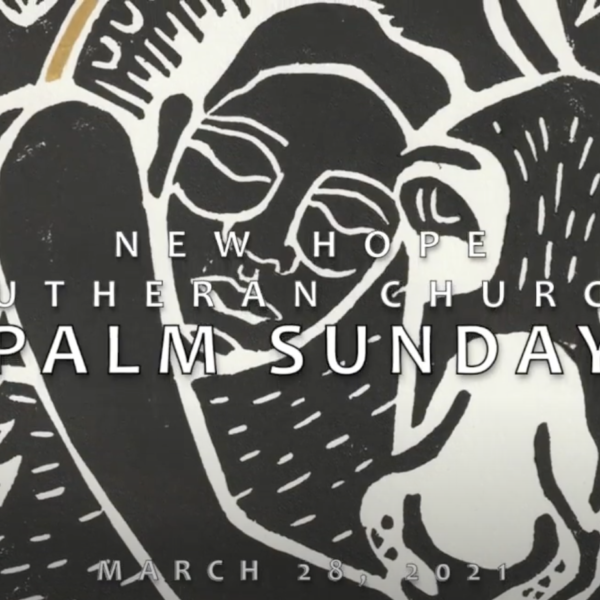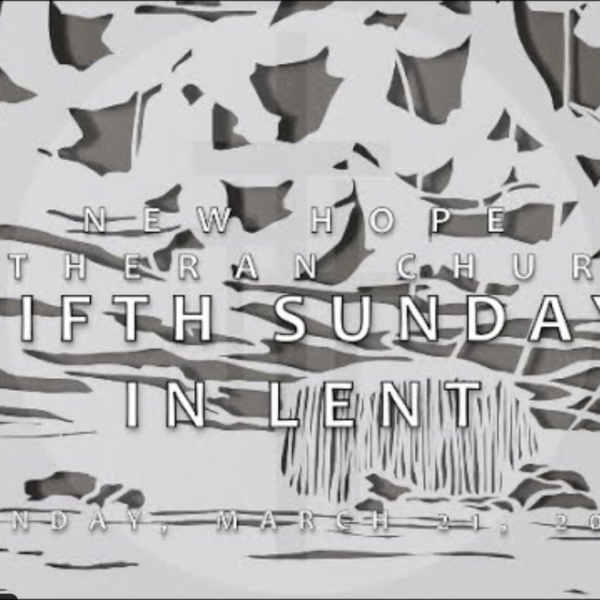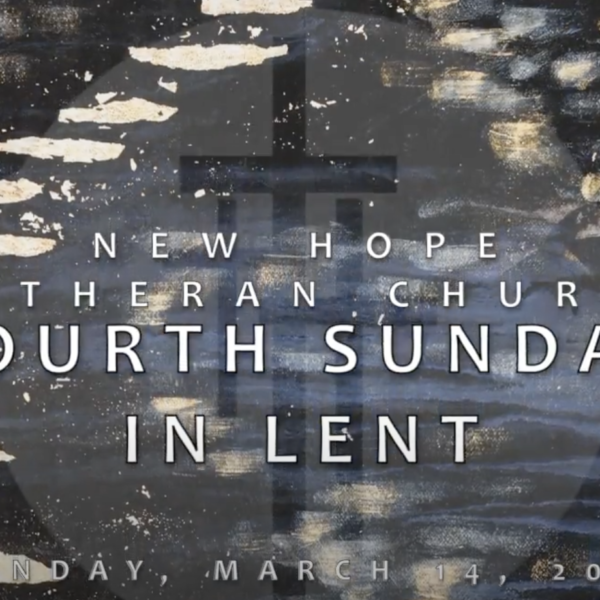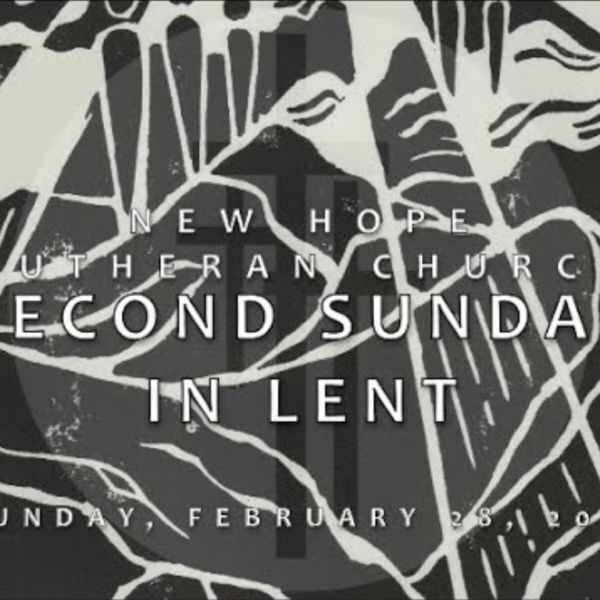Fourth Sunday of Easter
John 10:11-18
[Jesus said:] 11 “I am the good shepherd. The good shepherd lays down his life for the sheep. 12 The hired hand, who is not the shepherd and does not own the sheep, sees the wolf coming and leaves the sheep and runs away—and the wolf snatches them and scatters them. 13 The hired hand runs away because a hired hand does not care for the sheep. 14 I am the good shepherd. I know my own and my own know me, 15 just as the Father knows me and I know the Father. And I lay down my life for the sheep. 16 I have other sheep that do not belong to this fold. I must bring them also, and they will listen to my voice. So there will be one flock, one shepherd. 17 For this reason the Father loves me, because I lay down my life in order to take it up again. 18 No one takes it from me, but I lay it down of my own accord. I have power to lay it down, and I have power to take it up again. I have received this command from my Father.”
—————
Please pray with me this morning, church:
Loving God,
You know us. And you shepherd us.
You care for us. And you give us life.
Help us to be caretakers.
Of our world. And of each other.
Help us enfold one another in your love.
Amen.
—————
What’s your witness?
What is your testimony?
When you think about it, what would you say, when someone asked you about your faith? What would you tell them about your relationship with God?
These past couple of weeks, I’ve spent the bulk of my sermons talking about witnessing, or testifying, or evangelizing. This is one of the things we’re called to do as disciples and followers of the crucified and risen Christ…not only to carry that faith for ourselves but to carry it “to all nations,” as we heard last week, “to the ends of the earth,” as we’ll hear in a few weeks.
Your words matter. So what will you say? And how will you say it?
I had a really nice beginning of a sermon started where I was going to tell you a little bit about how to start thinking about doing this, and what this kind of sharing and testimony sounds like…but then I was leaving the church office and going to lunch, and as I was pulling out of our parking lot and driving past our outdoor chapel as anyone has to do when they’re leaving our campus, I looked out, as I always do, and saw someone sitting in our chapel, facing the altar and the cross, looking out toward the lake.
And it was so striking to me.
But this is not an unusual occurrence. In fact, I think you should know that our chapel probably sees visitors almost every week, maybe as many as 5-10 folks a week given I’m not up here much in the evenings or on the weekends. This space, in and of itself, is a witness.
I think our chapel is a testimony to a need we see in our neighborhood…and truthfully, I think it’s a need we would probably easily identify in our world as a whole.
We need a quiet place. We need a place that focuses our attention…that focuses us…on the cross, on God, on God’s gift to a world groaning in pain from destruction. We need places to be reminded of God’s creative beauty. We need places that draw us along still waters and set us down in lush verdant meadows. We need places that remind us that the shepherd deeply cares for us, the sheep.
I was struck because this person had taken time out of the middle of their day to sit quietly and focus themselves.
And that’s not something we do often. And especially in a time like this when things feel so out of control or beyond control, a reminder to sit and breathe and be…is a welcome balm for a weary soul.
When I start to think about beginning the process of crawling our way out of this pandemic…I get anxious. I get anxious because I’m a planner, I like to know or be able to project what something’s going to look like. And at least if I can’t project, I like to be able to give my best guess. The thing is, I don’t know what is coming out of the past 13 months is going to look like for us, church.
I think it’ll be slow. I think it’ll be a process, maybe even an arduous one.
I think we’ll need to be consistent practitioners of the same patience and grace we’re shown consistently by God.
I meant what I said a couple of weeks ago, whatever we’ll be on the other side of this won’t be what we were before. I told a member earlier this week, “If we don’t come out of this having made some significant changes or trying some way out there new things, I think we’ll have missed an incredible opportunity.” We need to allow ourselves to be transformed, we need to be open to the new thing God is trying to do…we need resurrection, church.
And I need your help to do it.
I need your ideas. I need your way-out-of-left-field, might-just-be-a-little-too-far-fetched, might-go-well-might-completely-fall-apart ideas for what our ministry here in this place, here at New Hope looks like, sounds like, looks like, feels like going forward.
What new ministry do we need to partner with? Tell me.
What community organization needs our time and energy? Tell me.
What sheep are yearning to hear how much the shepherd cares for them? What sheep are missing from the fold but are needing to hear about the self-sacrificial love of the shepherd? What sheep are longing to hear the shepherd’s voice?
What neighbors need to hear the Gospel message of God’s overwhelming and incredible love for them?
Don’t tell me, tell them!
I’m serious, people—your neighbors—are starving for good news. Feed them!
Evangelism is hard, I get it. But go with me for a minute…think about your favorite restaurant.
What do you love about that place? What’s your favorite thing to order? What’s the atmosphere like? When’s the best time to go? Who’s the best server? Is it the food, is it the location, is it the ambiance…? I bet it’s all of that…and more.
We give our friends restaurant recommendations all the time…what about your church, what about your community of faith…what about your family here…?
What do you love about it? What makes New Hope special? What have you found at New Hope that you haven’t been able to find anywhere else? What are the people like? What about the atmosphere? What do you love about where people spend their time and energy? What’s your favorite ministry to support?
These really aren’t rhetorical questions, I’d really be curious to know. If you want to pause this service and grab a pencil and paper and write down what you think, I think that’d be a great idea.
Because I think your answers to these questions matter.
When someone’s having a rough time…when they’re going through some things…when they’re feeling exhausted…when they ask you where you find the energy to keep volunteering or giving of yourself while we’re still going through a pandemic…when they ask you about your heart and care and concern for others and for your neighbors and for people you’ve never even met…when people ask you about your causes of justice, and how can you possibly continue to stay hopeful in the midst of so much hurt and pain and things going wrong in the world…what are you going to say?
What will you tell them?
What will your witness be?
What will your testimony be?
Evangelism doesn’t have to be overbearing, it just has to be honest. What do you love? Where do you find comfort? What gives your spirit peace?
“I have other sheep that don’t yet belong to this fold, I must bring them in also.”
Jesus is the shepherd, but the shepherd doesn’t make more sheep, the sheep lead other sheep.
But this shepherd is different, y’all. This shepherd cares for the sheep. This shepherd protects the sheep, doesn’t run away at the first sign of danger. This shepherd gives his life—the Greek word is psuche—better translated as “breath”…this shepherd gives his breath to those that are breathless, those that are having their breath taken from them, or taken away.
This shepherd lays down his life, in order that the sheep would experience expansive and full and abundant life.
We won’t be what we were before on the other side of this pandemic. With God’s help, we’ll be something different, something new. With God’s help, we’ll be something resurrected.
And I can’t stop thinking about those sheep that aren’t yet here. What wisdom might they bring? What fullness, what passions and energy might they bring?
And who will invite them?
Evangelism doesn’t have to be hard. It just has to be honest.
Sometimes it’s something as simple as noticing someone experiencing God’s presence…and asking them how they’re doing.
Maybe that will spark a conversation that will be a balm for your own soul, too.

